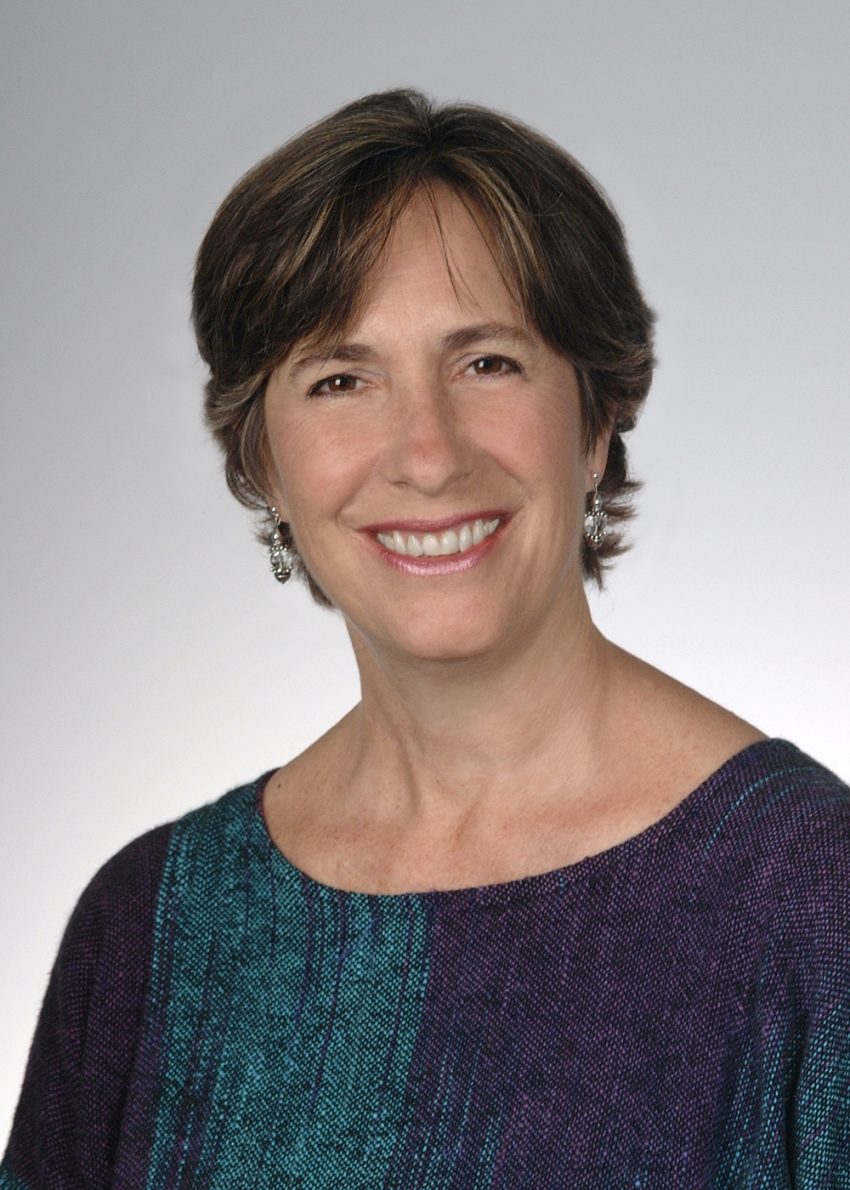
Name: Ramita Bonadonna, PhD, APRN-BC
Title: Psychiatric Consultation Liaison Nurse, Medical University of South Carolina Hospital
Advice to the Next Generation of Caregivers: Bonadonna advises caregivers to have a desire to grow as they interact with people. She also encourages caregivers to develop personal relationships with their patients.
Interesting Facts: Bonadonna is a student of Zen and practices meditation, which helps her recharge and connect better with patients. She also loves sailing, hiking and frequently visiting the Center for Birds of Prey not far from her home to nurture her love of nature.
Schwartz Center Activities: Bonadonna serves as the program coordinator and co-facilitator at the Medical University of South Carolina. Bonadonna is involved in creative activities, such as Humor in Healthcare, where health practitioners gather and share funny anecdotes from their interactions with patients. She also presented a poster at the Collaborating Across Borders International Conference on Interprofessional Health Education in Vancouver in 2013. Her presentation was about changing hospital culture with Schwartz Rounds™.
“Compassion is recognizing and focusing on the commonalities we have with people, rather than the differences. We should also remember to come back to ourselves, so that we’re not giving away little pieces of our heart and going home broken-hearted or empty-hearted.” – Ramita Bonadonna
Growing up in a family of health care practitioners, Bonadonna resisted going into health care as a profession. However, Bonadonna was always interested in consciousness studies. She obtained a two-year degree in nursing at Nassau Community College in New York and a bachelor’s degree in nursing from the University of Pennsylvania after discovering that her passion was helping people deal with the emotional aspects of physical illness.
Everything fell into place for Bonadonna when she moved to South Carolina. A week before her arrival, the psychiatric consultation/liaison nurse position became available at Medical University of South Carolina. That position marked the turning point in her.
“To be able to sit down and listen to a person’s life experience and have them share things that sometimes they’ve never shared with anybody—having a tremendous amount of trust in that intimate relationship feels like a real honor,” said Bonadonna.
Psychotherapy allows the patient to set the agenda. Bonadonna does her best to accommodate every patient she sees.
“I go in to a patient’s room, do my best to wipe my expectations away and start with a clean slate,” said Bonadonna. “I don’t come in with a list of questions that I have to get answered.”
Bonadonna takes pride in her organic approach that allows patients to unfold their stories. The assessment is patient-centered and complemented by open-ended questions.
Bonadonna said she’ll never forget her experience helping a patient with leukemia over 15 years ago. The patient was a wife and mother of two and exhausted by the cycles of chemotherapy followed by relapses. The patient initially believed she needed to be strong-willed for her family, but watching her family in emotional pain became unbearable. Eventually, her husband conceded that there was no quality of life left for his wife and together, the family decided to remove life support and allow a more natural death.
“Would you like me to get a chaplain?” Bonadonna asked the husband, who replied, “You’re all the chaplain we’ll ever need.”
In order to best care for her patients, Bonadonna takes care of herself first. She practices Zen and embraces opportunities for spiritual retreats.
“I really don’t know how people can work in health care without a sense of connection to something greater than themselves,” said Bonadonna. “It is crucial to my life.”
Bonadonna recalls that, early in her career, a nurse mentor told her, “We can’t give from an empty cup. You really have to take care of filling yourself and then giving from the overflow.” Bonadonna strives to regularly live out this principle.
© 2025 The Schwartz Center. All Rights Reserved.